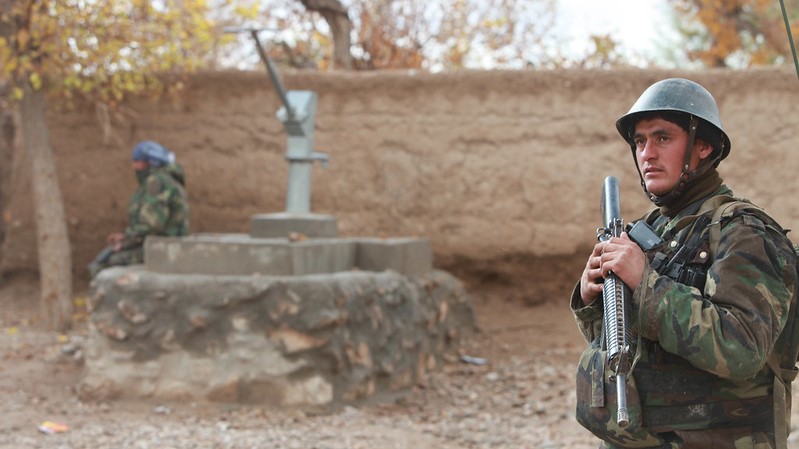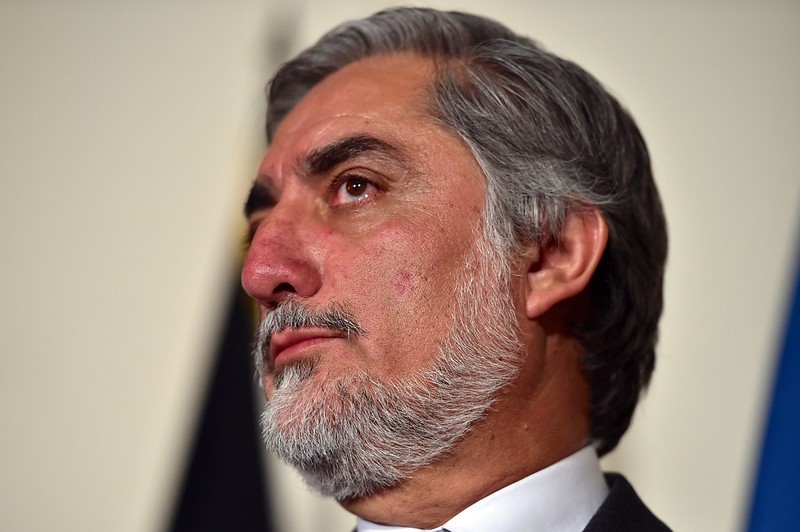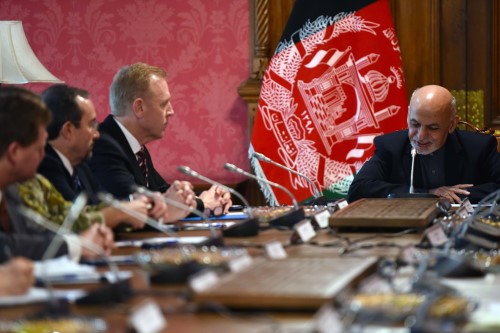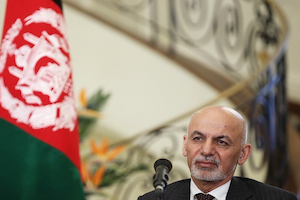U.S. out, Taliban in: Central Asia Facing New Challenges from Afghanistan
By Farkhod Tolipov
August 20, 2021, the CACI Analyst
In April 2021, Washington began the long-awaited withdrawal of its military forces from Afghanistan, a process that is expected to be completed by September this year. This is being done in the wake of an agreement between the U.S. and the Taliban as a condition for reaching peace in Afghanistan. However, the “victorious” Taliban began a sudden offensive in some northern provinces bordering Uzbekistan and Tajikistan. The Afghan military surprisingly retreated instead of resisting the insurgents. Some even crossed the Afghan border with Uzbekistan and Tajikistan. As the Taliban have swiftly moved to take control of most Afghanistan, including Kabul, Central Asia is facing strategic uncertainty.

Can the Improved Pakistan-Afghanistan Relationship Save the Afghan Peace Process?
By Umair Jamal
December 16, 2020, the CACI Analyst
The visit of Abdullah Abdullah, head of Afghanistan’s High Council for National Reconciliation, to Pakistan in late September was considered a major shift in Kabul’s approach towards Islamabad. This was Abdullah’s first visit to Pakistan in his new role as the Afghan government’s top negotiator in the intra-Afghan peace talks. When serving in the previous administration as the Chief Executive Officer of the Unity Government, Abdullah declined several invitations to visit Pakistan. During the visit, Pakistan promised to push the Taliban to reduce violence and to support an “Afghan-led and Afghan-owned peace process” – which Abdullah has demanded for years. The ongoing push from both sides is intended to build trust and could prove to be a game changer for the Afghan peace process.

Russian Taliban Payments Underscore Moscow’s Afghan Challenges
By Richard Weitz
September 3, 2020, the CACI Analyst
The revelations that Russian intelligence may have hired criminals to attack NATO forces in Afghanistan underscores the complex nature of Moscow’s Afghan policies. Though what happened or why remains disputed, the reports highlight the Russian government’s weak tools for shaping the future of Afghanistan despite the country’s pivotal place in Russia’s Eurasian agenda.

The US-Taliban Deal and its Impact on Iran-Pakistan Relations
By Niranjan Marjani
July 23, 2020, the CACI Analyst
The U.S.-Taliban deal has generated large amounts of analysis on stability and security in Afghanistan, the role of the Afghan government and Pakistan-Taliban relations. However, another important dimension of the deal is its impact on Iran-Pakistan relations. Pakistan’s relations with both Iran and the Afghan government are unstable, but Pakistan enjoys good relations with the Taliban. Iran has also sought to build contacts and relations with the Taliban. Thus, the recognition accorded to the Taliban in the deal could both improve Iran-Pakistan relations and give Iran an important role in Afghanistan. The increasing significance of the Taliban could worsen instability not only in Afghanistan but also across Central, West and South Asia while completely sidelining the Afghan government.

Afghan President and Rival Agree on Power-Sharing Formula: Will it Lead to Lasting Peace in Afghanistan?
By Umair Jamal
July 15, 2020, the CACI Analyst
After a months-long bitter election dispute, Afghanistan’s President Ashraf Ghani and his chief rival, Abdullah Abdullah, agreed in May to a power-sharing formula to form an inclusive government. Essentially, the agreement ended a political crisis that led to Ghani and Abdullah declaring parallel governments and threatened the ongoing international effort, spearheaded by the U.S., to negotiate a peace accord with the Afghan Taliban. While an agreement between Ghani and Abdullah is a welcome move, Afghanistan has been at this stage before. The current setup poses challenges to negotiations with the Taliban, dealing with external pressure to deliver on the U.S.-Taliban peace deal and managing underlying ethnic divisions that threaten the current regime.



